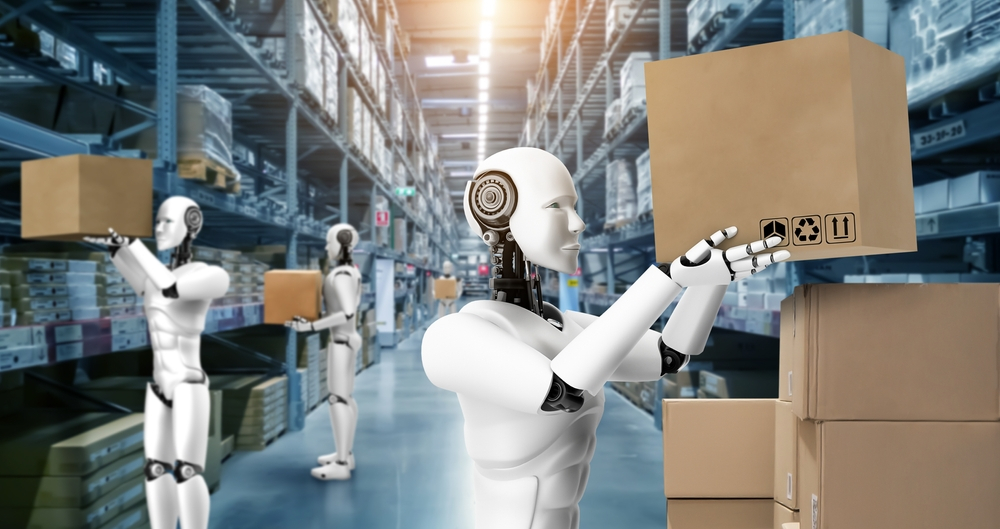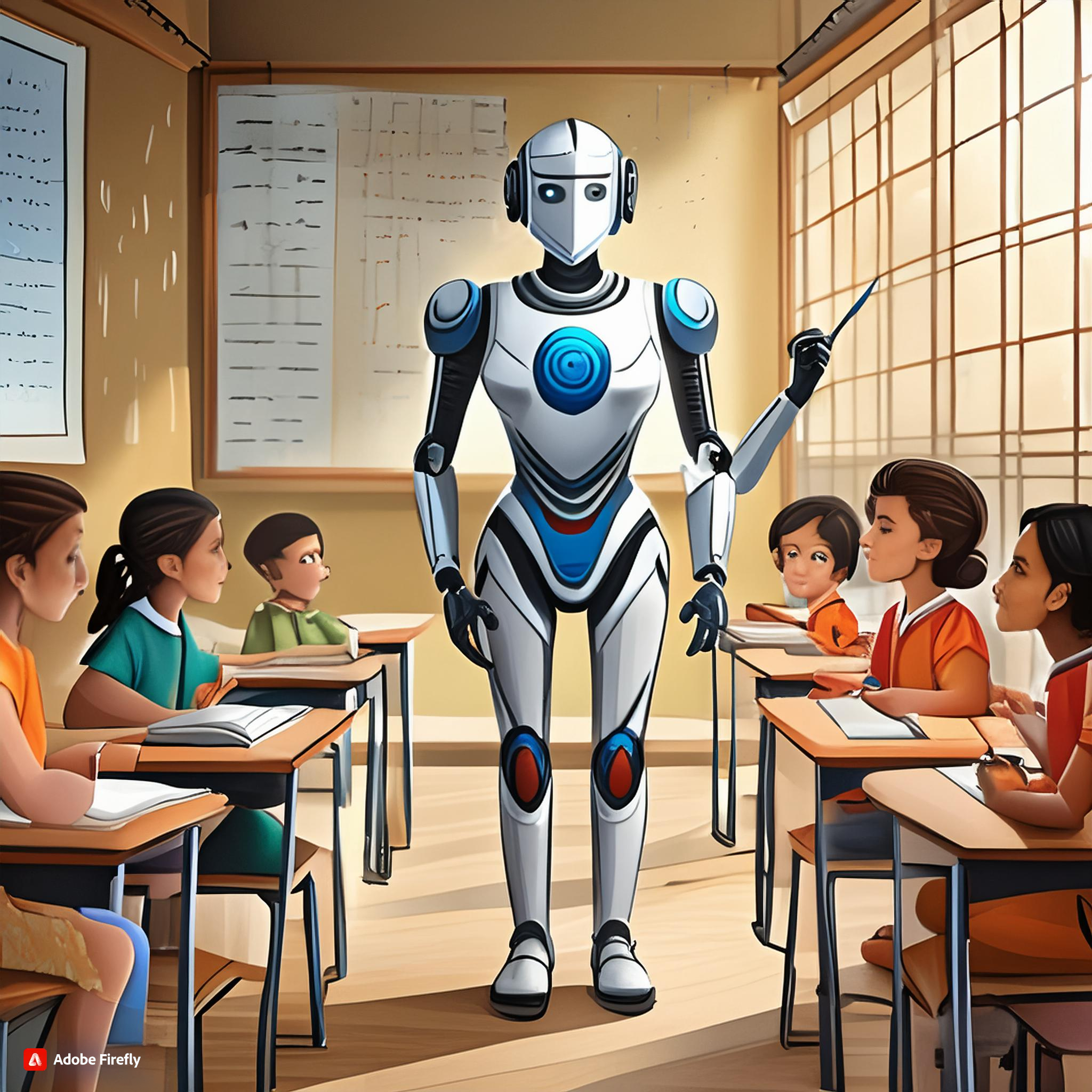Can Technology Replace Humans? A Look at the Future of Work
The constant development of technology has fundamentally changed the way we live and work. From self-driving cars to automated factories, machines are taking on tasks that were once considered the sole prerogative of humans. This raises a critical question: Can technology completely replace humans?
The answer, like most things in the complex world of technology, is not a simple yes or no. While automation will undoubtedly Replace humans jobs, it will also create new ones. This article explores the potential of technology to replace human workers, exploring the areas where machines excel and the indispensable human skills that continue to be in demand.
Table of Contents

The Rise of the Machines: Automation’s Replace humans in Jobs
There’s no denying the increasing trend of automation. Robots and artificial intelligence (AI) systems are increasingly handling repetitive duties in manufacturing, data processing, and even customer service. With developments in machine learning and artificial intelligence expanding the realm of machine capabilities, this trend is probably here to stay. that this technology can replace humans
According to a McKinsey Global Institute report, automation may result in the loss of up to 800 million jobs worldwide by 2030. Particularly at risk are jobs in industries like manufacturing, logistics, and transportation. For instance, automated assembly lines may produce goods more quickly and cheaply with little human involvement, while self-driving trucks have the potential to drastically reduce the need for human truck drivers.
Fears about the future of work are stoked by the possibility of mass unemployment brought on by technology. But it’s crucial to keep in mind that automation has traditionally also resulted in the creation of jobs. For example, the industrial revolution increased employment prospects in factories while simultaneously displacing farm workers. In a similar vein, automation today may replace certain professions, but it also creates new ones that will probably need for other skill sets.
Where Humans Remain Invaluable: Skills for the Future
While speed, accuracy, and data analysis are among the skills that robots excel at, there are some human traits that technology will never be able to match. The following are some crucial domains where human skill will always be necessary:
- Creativity and Innovation: While machines are good at doing jobs and adhering to instructions, they are not as creative or innovative thinkers as humans. Human inventiveness will always be necessary for innovation in domains like design, engineering, and scientific discovery.
- Social Intelligence and Emotional Dexterity: Humans have an innate ability to understand emotions, relate, and navigate complex social situations. Jobs that require empathy, communication and interpersonal skills, such as healthcare, social work and education, are likely to remain human-intensive.
- Critical Thinking and Problem-Solving: Although machines can analyze vast amounts of data, they often struggle to think critically and find solutions to unexpected problems. A person’s ability to analyze situations, consider alternatives and make informed decisions is valuable in various fields.
- Adaptability and Lifelong Learning: The future of working life is likely to require great adaptability. People who can learn new skills, adapt to evolving technologies and embrace lifelong learning are well positioned to succeed in a changing job market.
The Human-Machine Collaboration: A Future of Partnership
Instead of a future where humans and machines compete, a collaborative scenario is more likely. Technology can enhance human capabilities by freeing us from repetitive tasks and allowing us to focus on higher level thinking, creativity and problem solving. Imagine doctors using AI-powered diagnostic tools to improve accuracy, teachers using personalized learning platforms to meet the needs of individual students, or engineers collaborating with AI design systems to create disruptive innovations.
The key to harnessing the power of technology lies in education. Equipping people with the skills to work with machines is crucial. This includes developing skills in areas such as critical thinking, data analysis, complex problem solving and effective communication..
The Ethical Considerations of Automation
As we embrace automation, it is important to consider the ethical implications. The displacement of jobs due to automation can lead to social unrest and economic inequality. Governments and businesses must develop policies that address these potential problems, such as retraining programs and social safety nets. In addition, the development and implementation of artificial intelligence systems must be based on ethical principles to ensure fairness, transparency and accountability.
Conclusion: A Future Shaped by Collaboration
Technology will undoubtedly continue to change the workplace. Instead of fearing displacement, people can use technology to empower themselves and create a future of work that fosters collaboration, innovation and shared prosperity. By focusing on education, ethical development and lifelong learning, we can ensure that people remain essential participants in the ever-evolving world of work, not obsolete components.
This article has provided a brief overview of the complex issue of technology’s impact on jobs. The future of work remains uncertain, but one thing is clear: human creativity, innovation and social intelligence continue to be valuable assets.
if you think i have added some value to your knowledge base hit like and follow us and read more article at www.technnologic.com

Simply Sseven Pretty! This has been a really wonderful post. Many thanks for providing these details.
It’s like you’re reading my thoughts! You seem so knowledgeable about this topic, almost like you’ve written the book on it. A few more visuals might enhance it even more. I’ll certainly be back!